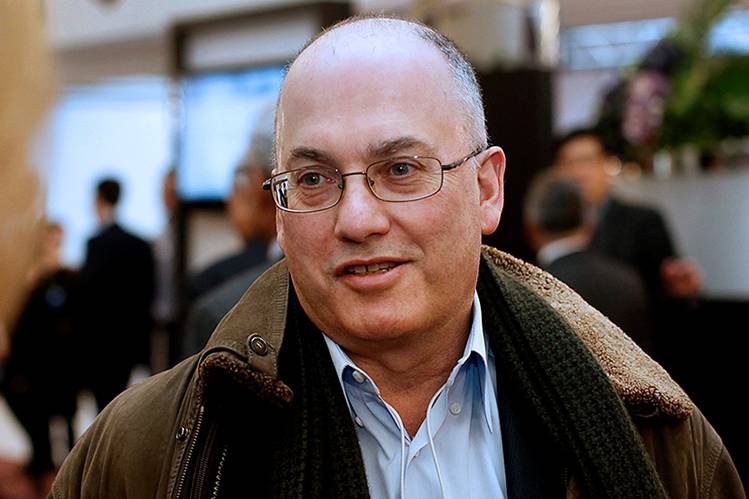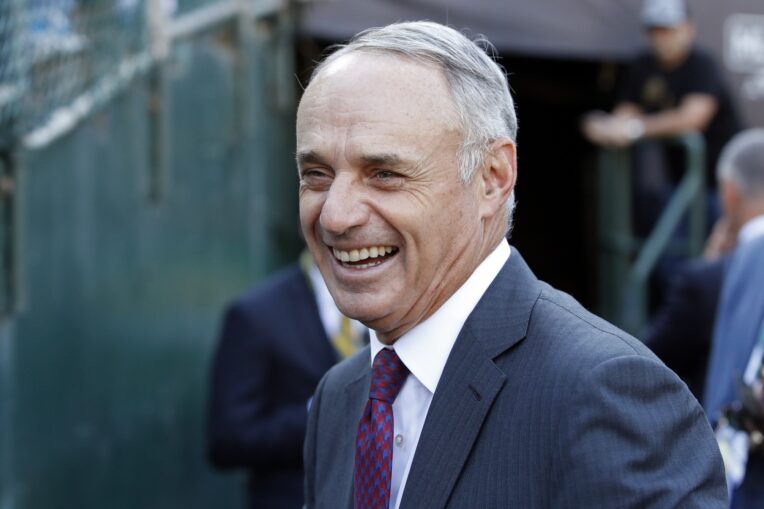
“I am excited to have reached an agreement with the Wilpon and Katz families to purchase the New York Mets.”
Twenty words uttered by new Mets majority owner Steven Cohen that have sent much of the fandom to levels seldom seen since October 27, 1986, the night the Amazins’ won their second World Championship.
Cohen, who is worth $14 billion, is a life-long Mets fan who has a reputation from Wall Street to Main Street as a man who hates to lose. He carries a swagger about him not seen in the Mets front office perhaps ever and it will be one of his top priorities to extend this swagger, this hatred of losing to all areas of his new franchise.
Certainly, part of that swagger extends from his great wealth. Forbes magazine notes that the next three wealthiest owners in baseball, Ted Lerner (Nationals), Christopher Ilitch (Tigers) and Greg Johnson (Giants) — are worth $13.1 billion combined. This is a financial situation that Cohen certainly will take advantage. No longer will a top free agent be out of reach for the New York Mets franchise.
Monday it was announced that Cohen acquired 95% of the Mets . The deal values the team at about $2.475 billion, according to Sportico. That is the most ever for a U.S. sports franchise, topping the $2.2 billion that the NFL’s Carolina Panthers went for in 2018. The previous high for an MLB franchise was the Dodgers’ $2.15 billion price tag in 2012. The other 5% of the Mets will be held by the Katz and Wilpon families.
Cohen, 64, will need 23 out of 30 votes at the upcoming owners’ meetings in November for full approval. In the meantime, MLB will have time to fully vet Cohen and the financial details and other aspects of the sale. Once approval is given, Cohen will become the Mets ‘control person’, responsible for all major decisions regarding the team. It will be the first time since August 13, 2002, when Fred Wilpon became the majority owner of the Mets, that a Wilpon will not be in control.
Until the November meetings, Cohen is allowed to “consult” on organizational decision-making. Autumn is a critical time of year for major-league clubs as they form offseason agendas, set 2021 budgets and make personnel decisions for baseball operations. This autumn will be particularly crucial for a Mets team that hasn’t made the playoffs in four years if they fail to do so in 2020.
The news of the finalization of the deal came when Commissioner Rob Manfred was hosting an online event at Hofstra University’s school of business. His remarks started with plans for the upcoming playoffs, but he took the opportunity to opine on Mr. Cohen and his Mets.
“I think that a change in ownership at the Mets is an opportunity to make that franchise as strong as it can possibly be, and I think over the long haul it’ll be something that will be good for the game.”

He continued:
“As you can imagine, a sale of this type, a couple of billion dollars, pretty complicated agreements, and they have those agreements ironed out. What’ll now happen is there will be an approval process that baseball goes through, the owners actually have to vote on approving a new owner. So that process will begin shortly. I think, you know, look, we think about all of our teams equally. It’s like your children, you love ’em all, all 30 of ’em.”
Talks to buy the Mets began in December, and by February of this year, a deal was in place. It fell through as the two sides couldn’t agree how much influence the Wilpon family would be able to wield in the first five years of Cohen’s ownership. Several observers thought Cohen was out of the ownership picture for good, but he re-emerged in the spring.
Through rounds of bidding overseen by Allen and Co., it became clearer and clearer that Cohen would not be outbid, and this his lifelong dream to own his favorite team quickly sprouted to reality.
In the Mets, Cohen is acquiring a major U.S. sports franchise in the nations’s number one media market. SNY, the regional cable network partially owned by the Mets, is not part of this deal.
Further, Cohen is buying a team that is losing money. Even before the COVID-19 pandemic, the Mets were losing at least $50 million annually. That number might swell to more than $200 million this season as MLB attempts to play a reduced 60-game season without fans in attendance.
Undaunted, Cohen sealed the deal and will likely receive the necessary approval from the other owners.
Once Cohen is approved, the landscape of New York baseball (and Major League Baseball) will most certainly change. The culture of the franchise, often stained by mismanagement and public relation faux pas aplenty, will need to be one of the first items of business on the agenda. It must change. Mets fans are an energetic, diverse and passionate group who have lived in the shadows of everything from the Yankees in their same city to the aforementioned blunders by the Wilpons. For this sale to be a success, much more than expensive free agents walking through the Citi Field gates must occur, the Mets must become a dominant presence in the sport.
Fans are further buoyed by the fact that for the first time in a generation, the Mets can be that dominant force and be run with competence, integrity and professionalism that at times have been missing from the front office.
The new owner loathes losing. If his career is any indication, then the Mets will have a winning attitude for hopefully decades with little shame and fewer mistakes.
The script has changed Mets fans. The order of the day is winning, a decree from a Mets fan that just happens to own the team, and hopefully will make it his business to win. If everything goes smoothly in November, Mets fans will certainly have a Thanksgiving to remember.














